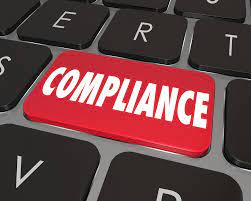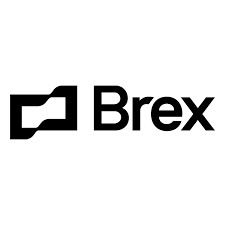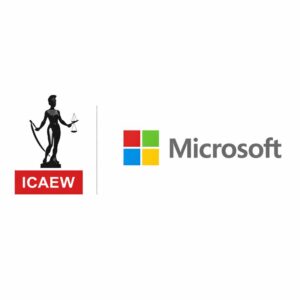From Spreadsheets to Sustainability: Compliance Trends for UK Accountants
Explore how UK accounting firms are adapting to 2025’s compliance priorities, including digital transformation, ESG reporting, and cybersecurity standards.

Key compliance trends for UK accountants in 2025: digital transformation, ESG reporting, and cybersecurity.
As the accounting profession moves deeper into the digital age, the definition of compliance is shifting dramatically. In 2025, UK accounting firms are navigating a landscape shaped not just by traditional financial regulations. They are also guided by expectations around data security, environmental accountability, and technology integration.
Today, staying compliant means more than keeping the books clean. It means being digitally agile, environmentally responsible, and cyber-resilient. Here’s a look at the three major compliance priorities for UK accountants that are redefining the industry.
1. Digital Transformation in Accounting Compliance
Gone are the days when compliance was managed through manual spreadsheets and checklists. In 2025, digital transformation in accounting is no longer optional. It is central to how firms meet regulatory obligations efficiently and accurately.
UK accounting firms are increasingly adopting:
- AI-powered audit software to scan data for anomalies and regulatory breaches.
- RegTech platforms that track tax law and financial reporting standards.
- Cloud-based accounting systems that offer secure, real-time access to financial documentation.
Despite increased adoption, many firms still underutilized these tools due to limited training or outdated internal practices. To remain both compliant and competitive, firms must fully integrate digital tools into their compliance workflows.
Regulators such as the Financial Reporting Council (FRC) now expect robust digital audit trails. They also demand data-driven evidence of control systems, not just traditional documentation.
2. ESG Reporting and Sustainability Compliance in UK Accounting
ESG compliance has quickly moved to the forefront of the accounting profession. In 2025, sustainability reporting is a regulatory requirement. It is driven by standards like the IFRS S1 and S2. The Corporate Sustainability Reporting Directive (CSRD) also plays a part.
UK accounting firms face two main ESG compliance challenges:
- Supporting clients with non-financial disclosures, ESG frameworks, and sustainability assurance.
- Meeting internal ESG expectations around environmental impact, diversity, and governance.
Regulators are increasingly cracking down on greenwashing, making it essential for firms to back ESG claims with verifiable, material data. Firms that fail to comply may face reputational and financial consequences.
To meet this demand, many are hiring ESG reporting specialists. They are also offering sustainability audit services. Additionally, they are embedding environmental and social metrics into risk and compliance strategies.
3. Cybersecurity Compliance and Data Protection for Accountants
With sensitive client information moving online, cybersecurity compliance has become a top priority for accounting firms in the UK. The forthcoming Cyber Security and Resilience Bill will increase accountability. It will also require stricter data protection standards across the professional services sector.
Accounting firms must now demonstrate:
- Strong data encryption and access control policies.
- Detailed activity logs and system monitoring.
- A clearly defined incident response plan for breach management.
UK firms also need to assess third-party vendors. They should include cloud service providers in this assessment. This is to ensure these vendors meet UK GDPR and other applicable data protection regulations. Cybersecurity is no longer just an IT concern. It is a strategic, board-level issue.
Final Thoughts
The compliance landscape for UK accountants is evolving quickly. In 2025, success depends on a firm’s ability to adapt to digital systems. Firms must also meet sustainability standards. Additionally, they need to safeguard data with precision.
Firms that continue to rely on outdated tools risk falling behind. They treat compliance as a secondary concern, which is risky in a fast-changing regulatory environment. Clients and regulators now expect leadership in ethics, innovation, and digital best practices.
The shift from spreadsheets to sustainability, and from paper files to secure cloud systems, reflects a deeper transformation. Compliance is now digital and transparent. It is embedded in every aspect of accounting. The firms that embrace it will shape the future of the profession.





